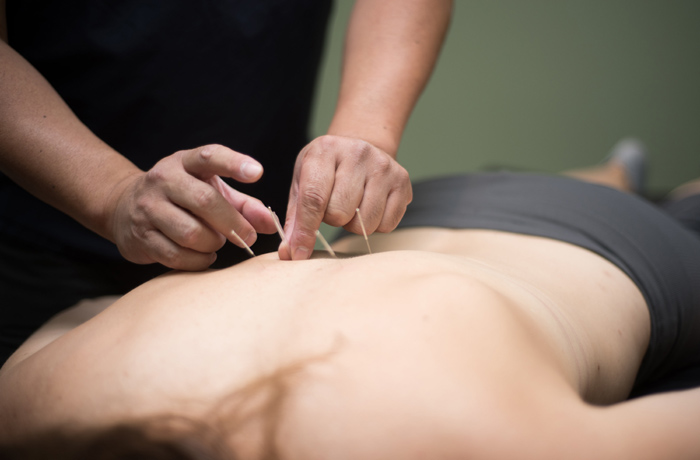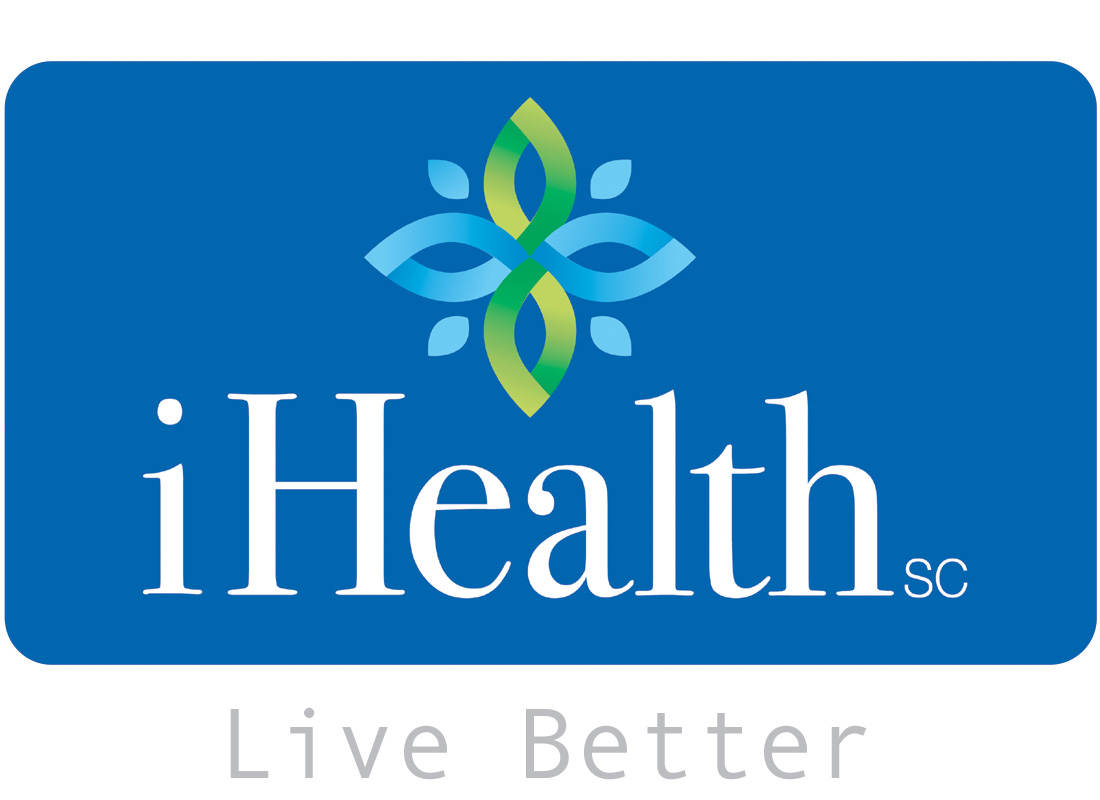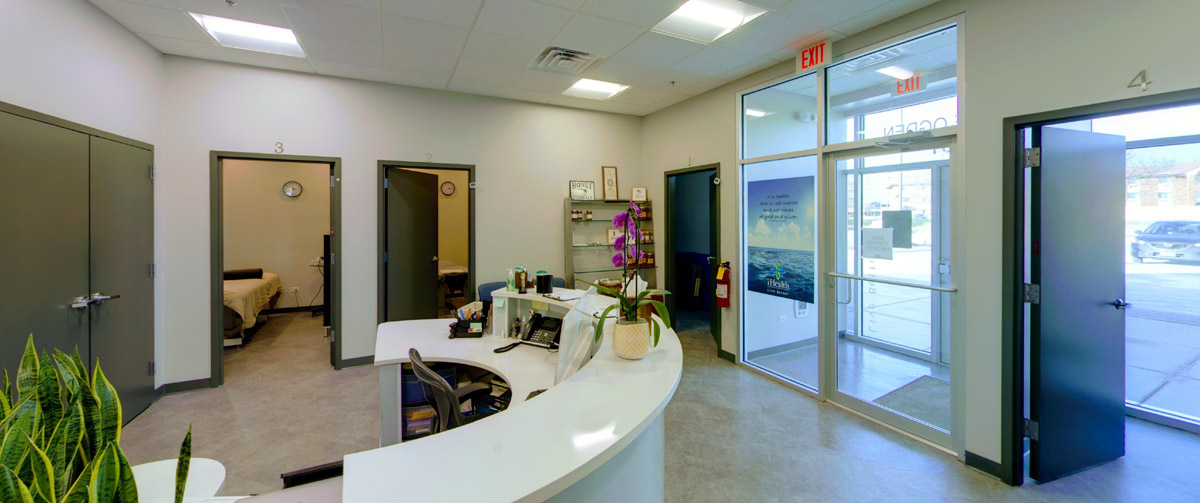What is acupuncture?
Acupuncture is an ancient art of therapy that originated in China about 5,000 years ago and has been used by nearly
How does acupuncture work?

Acupuncture works based on the theory of meridians where Qi (pronounced chee and meaning vital energy) and blood circulate in the body through a system of channels (the meridians) which connect the internal organs with external organs and tissues. By stimulating certain points (called acupoints) of the body surface where meridians reach, the flow of Qi and blood can be regulated and diseases treated with very few side effects.
The primary stimulation method uses needles, but an acupuncturist may also use moxibustion, cupping devices, heat lamps, and/or electrical devices to enhance therapeutic effects.
What conditions can acupuncture help?
Acupuncture can help with the following common conditions and more:
- Chemotherapy-related nausea and vomiting
- Digestive problems (constipation, irritable bowel syndrome, GERD, etc.)
- Facial nerve paralysis rehabilitation
- Headaches and migraines
- Insomnia and stress
- Muscle and joint pain (back pain, neck pain, shoulder pain, etc.)
- Sinusitis
- Smoking cessation
- Stroke rehabilitation
- Women’s health issues (menstrual irregularity and pain, PMS/PMDD, menopausal symptoms, etc.)
What should I do before my acupuncture visit?
- Bring a list of all medications and supplements you are taking.
- If possible, avoid applying make-up, especially on your first visit, so that the acupuncturist may observe the skin on your face.
- Refrain from wearing perfume on the day of your first visit.
- Wear loose clothing, but please be prepared to undress if the acupoints are difficult to access.
- Do not consume colored food or beverages at least 4 hours prior to your visit so the acupuncturist can observe your tongue’s true color.
- Do not drink caffeinated or alcoholic beverages 4 hours prior to your visit so the acupuncturist may have a more accurate evaluation of your pulse.
- Have a light meal or snack before the visit. Heavy meals can cause nausea, but an empty stomach can be the cause of dizziness after the treatment.
- Drink an adequate amount of water on the day of the treatment.
What can I expect during the acupuncture treatment?
During the initial visit, information about your medical and family history, lifestyle, and physical and mental condition will be obtained by the acupuncturist using the Traditional Chinese Medicine Diagnosis methods, including observing your tongue and feeling your pulse. A treatment plan (e.g. acupoints, manipulation, and a timeline) will be developed for you specifically based on the holistic evaluation of your situation.
During return visits, if applicable, information about your conditions will be updated and compared with your previous visit. Adjustment of acupoints and manipulation will be made according to the change of your conditions.



